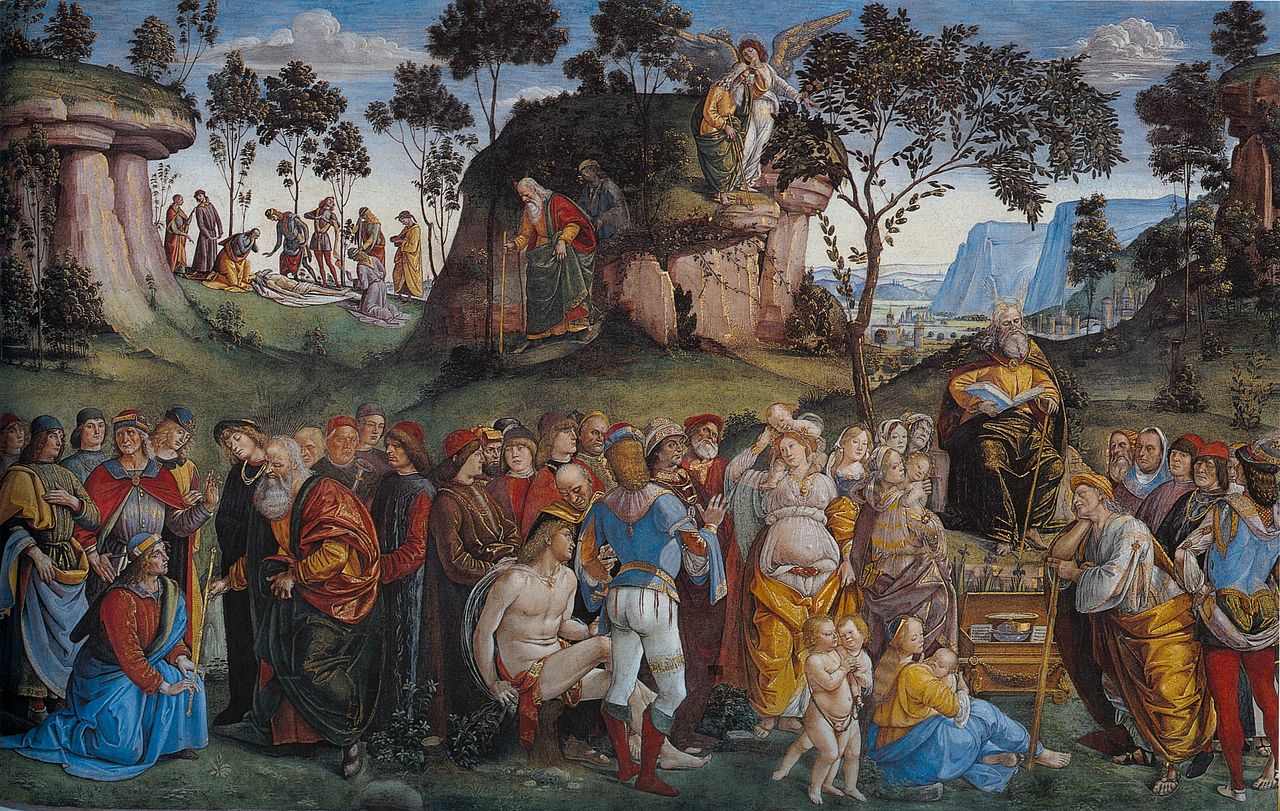
Name: Unknown
Bio: Sometimes the best we can do in attributing a historical work is to indicate the period and place it was written, the first prayer book it may have been printed in, or the archival collection in which the manuscript was found. We invite the public to help to attribute all works to their original composers. If you know something not mentioned in the commentary offered, please leave a comment or contact us.
Website:
Profile Link: https://opensiddur.org/profile/unknown

Name: Isaac Gantwerk Mayer (transcription & naqdanut)
Bio: From a family of musicians, Isaac Gantwerk Mayer believes that creative art is one of the most powerful ways to get in touch with the divine. He composes music and poetry in Hebrew and English. (He also translates and authors his own original works.) Isaac runs a Jewish music transcription service, which will transcribe and set any Jewish music in any language, recorded or written. Contact his service on Facebook or via his music blog.
Website: https://igmjewishcreativeworks.com
Profile Link: https://opensiddur.org/profile/isaac-gantwerk-mayer-transcription

Name: Isaac Gantwerk Mayer (translation)
Bio: From a family of musicians, Isaac Gantwerk Mayer believes that creative art is one of the most powerful ways to get in touch with the divine. He composes music and poetry in Hebrew and English. (He also authors his own original works and transcribes Hebrew and Aramaic text, adding niqqud and t'amim as needed.) Isaac runs a Jewish music transcription service, which will transcribe and set any Jewish music in any language, recorded or written. Contact his service on Facebook or via his music blog.
Website: https://igmjewishcreativeworks.com
Profile Link: https://opensiddur.org/profile/isaac-gantwerk-mayer-translation
